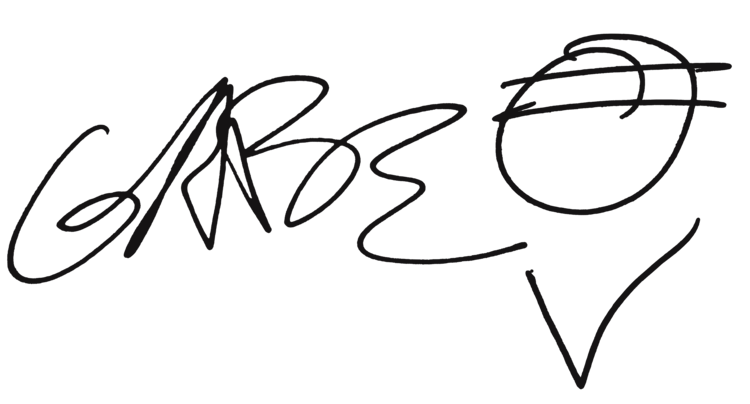The people who can hurt you can also hurt your feelings.
The people who can hurt your feelings can’t necessarily hurt you.
Hurting your feelings is not the same as hurting you.
The people we love and respect and value their thoughts and beliefs (i.e. the people who can hurt us) need to be invited to speak the truth to us in a way that might hurt our feelings. If your feelings must be hurt for the moment, that’s a small price to pay for valuable life changing criticism. You are not hurt, your feelings are hurt (for now), and you’ll be better for it.
Most of the chippy snarky criticism that hurts our feelings comes from people we’ve never met, from people who we have little to no relationship with. And sometimes we confuse ourselves into thinking they’re hurting us, when really they’re only hurting our feelings.
When we recognize where their power truly starts and ends we can be quicker to dismiss that type of criticism all together.

Don’t miss a post. Sign up for free.
I’m always interested in your perspective, whether affirming or dissenting. Continue the conversation anytime: gabe@gabethebassplayer.com





